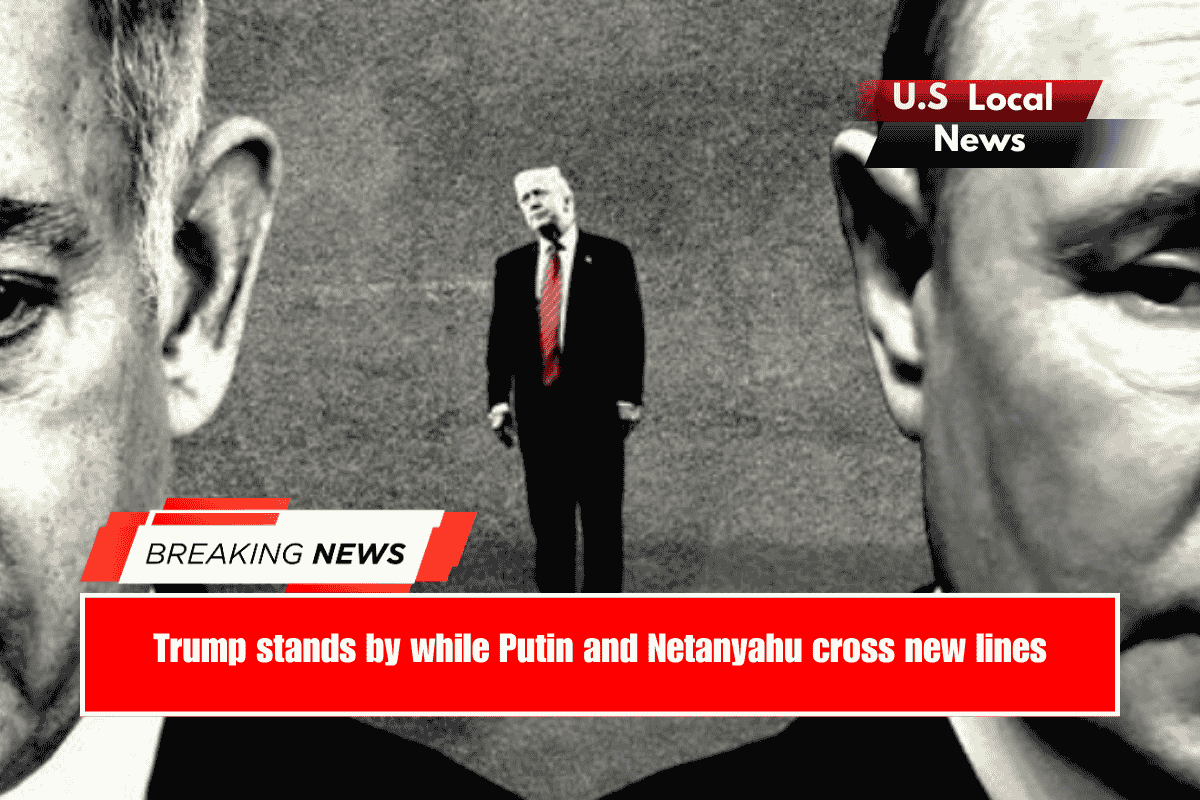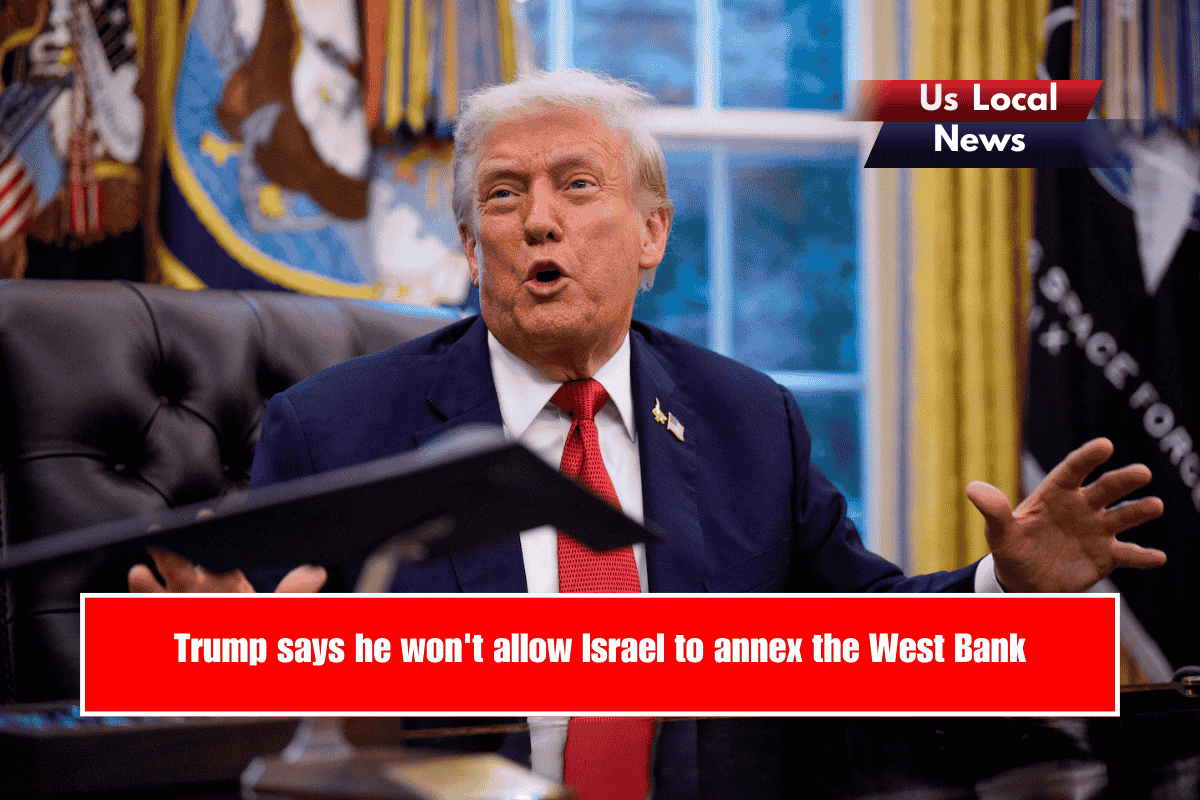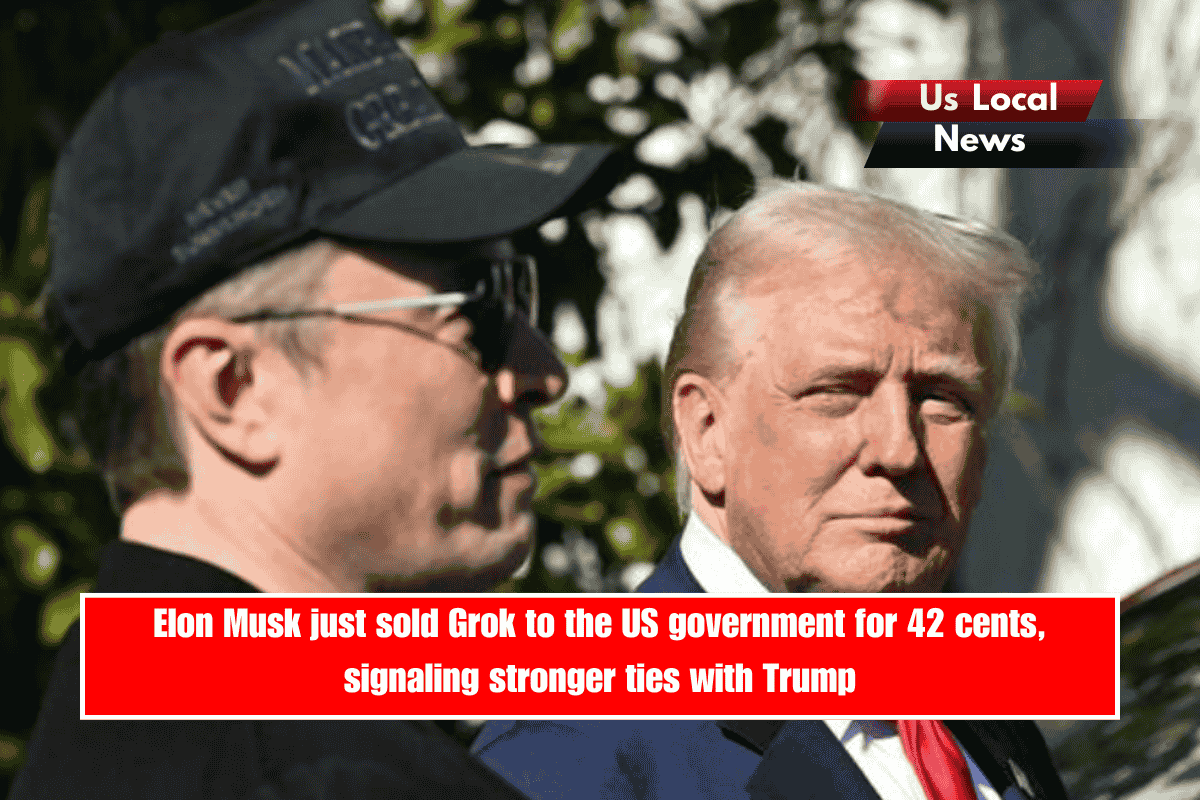President Trump frequently boasts about his unrivaled ability to control global events and leaders, but there are two notable exceptions: his ally Benjamin Netanyahu and his nominal adversary, Vladimir Putin.
Why this matters: The wars in Ukraine and Gaza have been the two most prominent global crises of Trump’s second term, but despite his promises to end both, he has recently appeared doubtful about his ability to influence the men who are prolonging them.
Behind the scenes: Trump has admitted to confidants that he misjudged Putin’s desire for peace, but he rejects the idea that Netanyahu is manipulating him, according to a source with direct knowledge of the situation.
A senior White House official acknowledged that Trump and his team’s frustration with their inability to end the wars in Ukraine and Gaza is strikingly similar.
Driving the news: Trump reacted in nearly identical terms to Russia’s largest aerial attack on Ukrainian cities on Sunday and Israel’s bombing of Qatar, a US ally, on Monday.
“I’m not happy with the whole situation,” Trump said of the Russian strikes, claiming once more that he is willing to impose sanctions.
“I’m not thrilled about the whole situation,” Trump said of Israel’s stunning attack, which he learned about only after missiles were launched, according to US officials. He privately warned Netanyahu not to do it again, but did not issue a public condemnation.
NATO allies described it as a dangerous, intentional provocation, but Trump said it “could have been a mistake” when asked about it on Thursday.
In his only public comment on the incident in the first 24 hours, he sounded almost like a curious bystander, writing, “What’s with Russia violating Poland’s airspace with drones?” “Here we go!”
When they met in Alaska a month ago, Trump declared that Putin would face serious consequences if he did not agree to a cease-fire in Ukraine or take significant steps toward peace.
In private, his advisers insisted that he was dead serious this time.
Instead, Trump declared the summit a success without providing any clear explanation for what was accomplished.
The diplomatic track is stuck, Russia’s attacks on Ukrainian civilians have escalated, and no consequences have been announced.
The administration has shifted the responsibility for pressuring Putin to Europe, requesting additional EU sanctions on Moscow and China for purchasing Russian oil.
“The president is prepared to impose serious consequences on Russia, but is emphasizing that Europe needs to step up and do what he’s doing to put pressure on these countries that are funding the war,” a White House spokesperson told Axios, referring to the tariffs Trump imposed on India (but not on China).
Trump and his team have occasionally suggested that there is little else they can do and that Russia and Ukraine will have to fight for a while longer.
When it comes to Netanyahu, Trump wields overwhelming power.
However, on Gaza-related issues, he has been hesitant to use it, largely deferring to Netanyahu while alternating between pushing peace proposals and supporting expanded military action.
Israel attacked Hamas leaders in Doha while they were meeting to discuss Trump’s latest peace plan, without consulting with the White House.
The intrigue: Netanyahu has undermined several US diplomatic initiatives. Even as Trump hoped for a nuclear deal, Israel’s prime minister pushed hard for military action against Iran.
Finally, Trump decided not to stand in Israel’s way. When it was clear that the first phase had been completed successfully, he applauded the operation and joined it.
Netanyahu has frequently driven in Gaza and Iran, with Trump occasionally criticizing his driving but never taking the wheel.
Meanwhile, Trump’s repeated claims that Putin would make peace to improve relations with him have yet to bear fruit.









